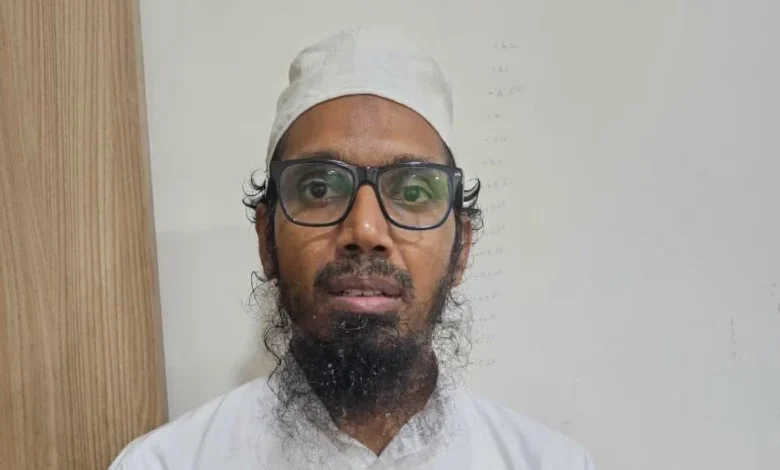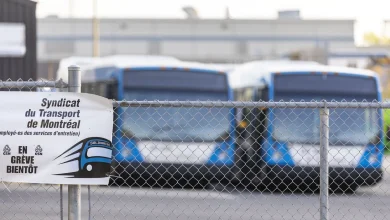ATS Seizes Ricin Stocks from Hyderabad Flat

Ahmedabad: A special team from the Ahmedabad Anti-Terrorist Squad (ATS) conducted raids on the Frontview apartment, Rajendranagar of ISIS terrorist Dr Ahmed Mohiuddin Sayed at and seized a large quantity of ricin, one of the world’s deadliest poisons, stored in barrels. The ATS, after re-arresting Ahmed, took him into custody for further interrogation. During questioning, the accused revealed shocking details of his sabotage plans. Acting on his confession, an ATS team flew to Hyderabad to conduct searches at his hideout and recovered several incriminating materials.
Ahmed reportedly told interrogators that he had been researching ricin for the past 15 years. The poison, extracted from the seeds of the castor oil plant (Ricinus communis), is known for its extreme potency even in microgram quantities. He had prepared ricin on his own and searched online for its properties, learning that it enters human cells and blocks protein synthesis, leading to cell death, organ failure and eventual death. These search details were retrieved from his laptop, which was also seized.
During interrogation, Ahmed confessed that before his arrest, he had conspired to supply the poison to other terror outfits for large-scale attacks. His plan was to contaminate water tanks in temples across Hyderabad, Chennai, Bengaluru, Lucknow, Delhi and Gujarat, intending to cause mass casualties among devotees.
Fifteen years ago, Ahmed, a native of Khilla (Fort area) in Khammam district, came to Hyderabad and later went to China to pursue his MBBS. He admitted to having enquired about ricin from professors during his medical studies. After returning to India, he rented an apartment at Asad Manzil in Fort View Colony, Tolichowki, near the Rajendranagar border, from where he allegedly conducted reconnaissance of religious places across the twin cities.
ATS officials discovered from his mobile phone and laptop that Ahmed, posing as a medical researcher, ordered castor seeds and other raw materials from Bengaluru through encrypted applications. Technical analysis revealed that he never used his SIM card to contact associates, instead relying entirely on encrypted channels for communication.
The investigation also found that Ahmed had planned to use a drone to establish contact with other terrorists and deliver ricin-based material. The ATS has warned Ahmed’s family members, including his brother, not to touch any of his belongings, as they could be contaminated.
Local police officials maintained that they were not informed about the ATS operation. Further investigation is underway to trace Ahmed’s network, digital transactions, and possible collaborators in Hyderabad and other metro cities.





